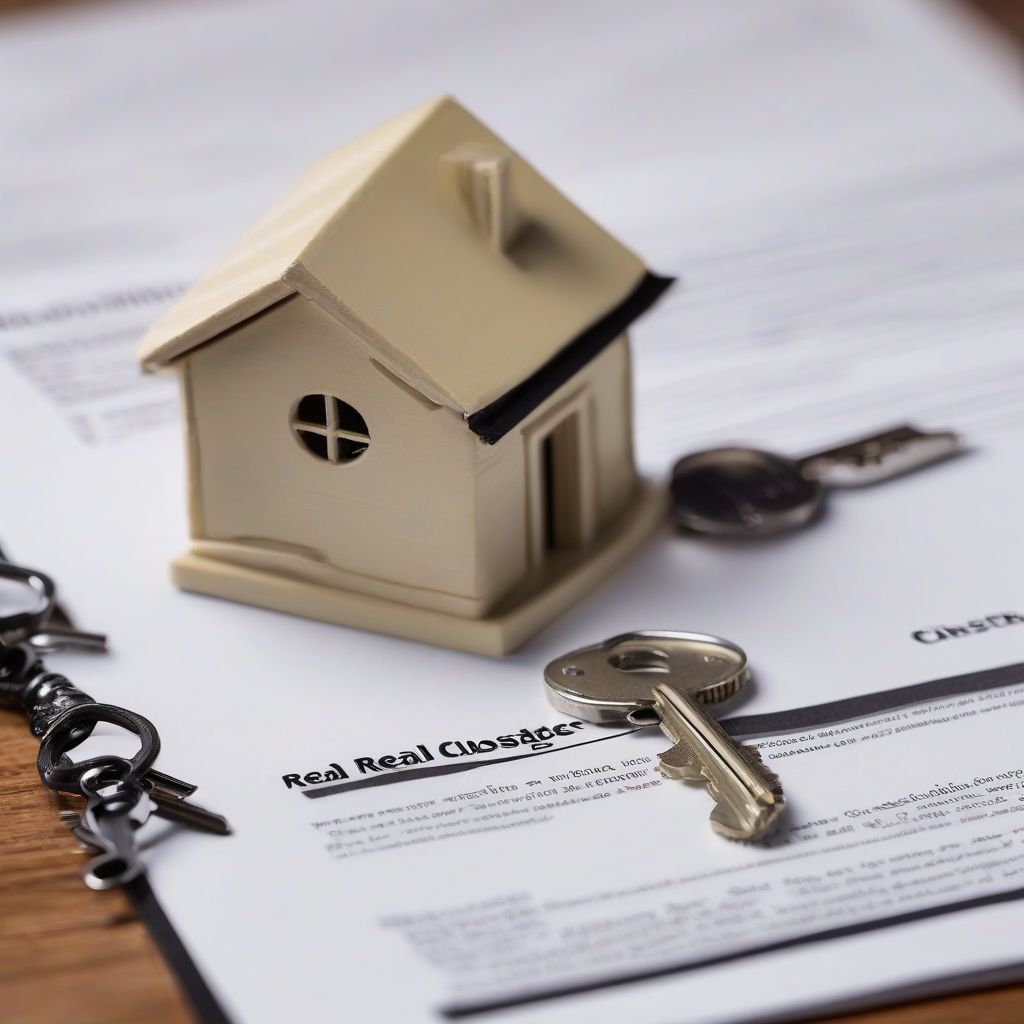When it comes to buying your dream home, securing the right mortgage is crucial. While “Hallmark Home Mortgage” may sound like a specific mortgage product, it’s essential to clarify that it’s not a widely recognized or standardized term within the mortgage industry. However, it likely refers to home loans offered by lenders that prioritize excellent customer service, streamlined processes, and competitive rates – aiming to make the mortgage experience positive and memorable, much like a “hallmark” moment.
Navigating Your Mortgage Options: What to Expect
Whether you’re a first-time homebuyer or a seasoned homeowner, understanding the mortgage landscape is essential. Here’s a breakdown of key aspects to consider:
1. Loan Types:
- Conventional Mortgages: These are the most common type of mortgage, typically requiring a good credit score and a down payment.
- FHA Loans: Backed by the Federal Housing Administration, FHA loans are ideal for first-time buyers or those with lower credit scores, requiring a smaller down payment.
- VA Loans: Available to eligible veterans, active-duty military personnel, and surviving spouses, VA loans offer favorable terms, often with no down payment required.
- USDA Loans: Designed for rural property buyers, USDA loans provide financing options with low or even no down payment.
2. Interest Rates:
- Fixed-Rate Mortgages: Your interest rate remains the same throughout the life of the loan, providing predictable monthly payments.
- Adjustable-Rate Mortgages (ARMs): These mortgages have an interest rate that can fluctuate periodically, based on market conditions.
3. Loan Terms: Mortgages come with varying loan terms, commonly ranging from 15 to 30 years, impacting your monthly payments and overall interest paid.
Common Questions About Home Mortgages
Here are answers to some frequently asked questions about home loans:
1. How much can I borrow?
Lenders consider factors like your credit score, income, debt-to-income ratio (DTI), and down payment amount to determine your borrowing capacity.
2. What is a good credit score for a mortgage?
A higher credit score generally qualifies you for better interest rates. Aim for a score of 680 or above for favorable terms.
3. What are closing costs?
Closing costs are expenses associated with finalizing your mortgage, including appraisal fees, loan origination fees, and title insurance.
4. Should I get pre-approved for a mortgage?
Getting pre-approved shows sellers you’re a serious buyer and gives you a clearer picture of what you can afford.
5. How do I choose the right mortgage lender?
Shop around, compare interest rates and fees, and read reviews to find a lender who aligns with your needs and financial goals.
Tips for a Smooth Mortgage Experience
- Check Your Credit Report: Review your credit report early in the process to identify and address any inaccuracies.
- Save for a Down Payment: A larger down payment can lower your monthly payments and potentially reduce interest costs.
- Get Pre-Approved: Secure a pre-approval to strengthen your position when making offers on properties.
- Understand Your Loan Estimate: Carefully review the Loan Estimate provided by lenders to understand the terms and costs associated with the mortgage.
 Real Estate Closing
Real Estate Closing
Conclusion
While “Hallmark Home Mortgage” might not be a standard industry term, it highlights the importance of finding a lender that prioritizes customer satisfaction and a seamless mortgage process. By understanding the different types of mortgages, interest rates, and loan terms, and by asking the right questions, you can confidently navigate the home financing journey and secure the best possible mortgage for your unique circumstances. Remember to consult with qualified mortgage professionals for personalized advice tailored to your specific needs.